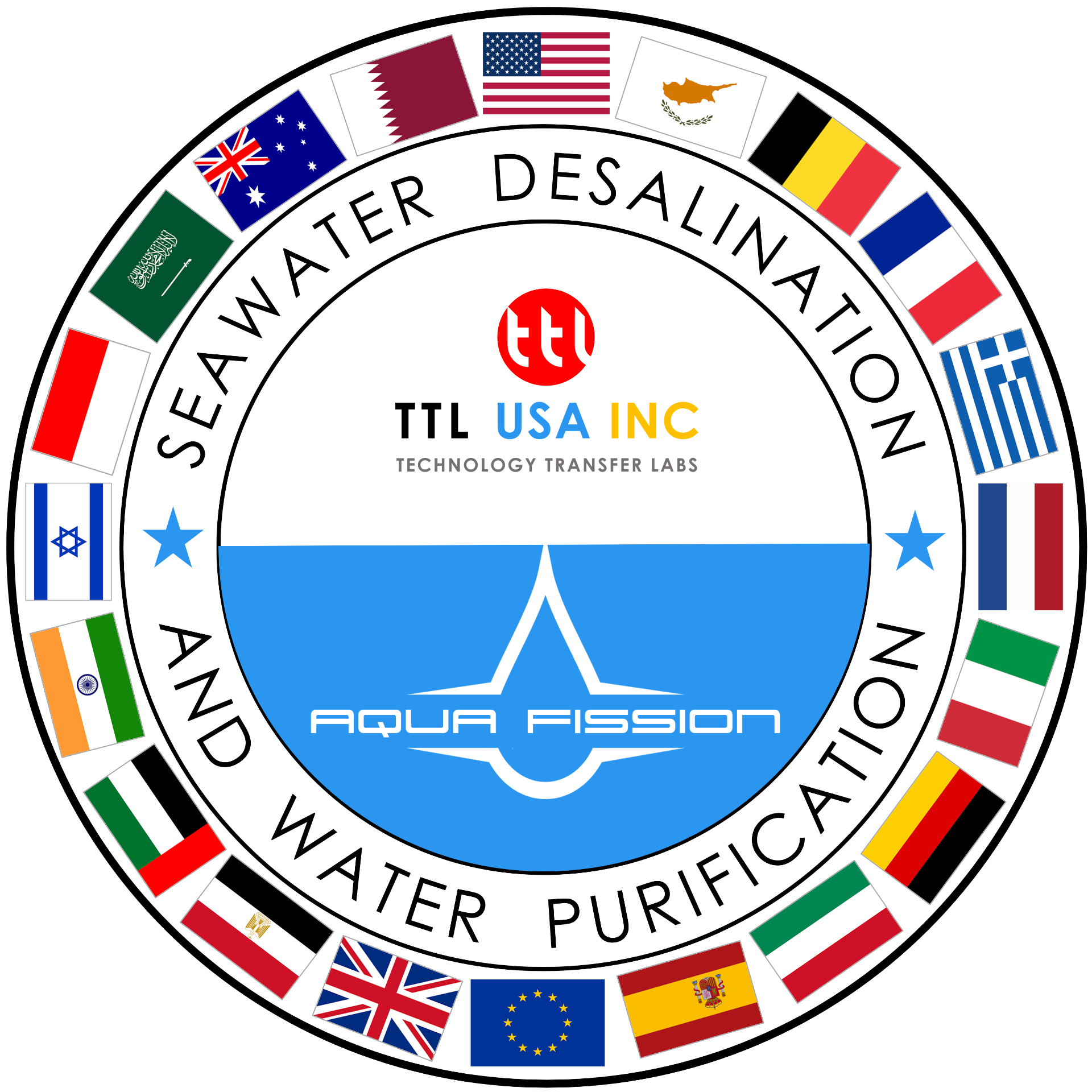Deuterium Technology for the Production of Heavy Water

Deuterium Technology for the Production of Heavy Water
Deuterium water, commonly known as heavy water, serves as a crucial fuel for fission reactions and thermonuclear fusion, as well as a moderator or coolant in nuclear reactors. Global sales of heavy water reach tens of thousands of tons annually, with prices ranging from $20,000 to $500,000 per ton, depending on various factors.
Deuterium water constitutes only about 0.01-0.015% of the total water volume on Earth. Due to its higher boiling point and greater weight compared to regular water, deuterium is separated through a repetitive process of sublimation (boiling) and condensation, involving multiple phases (up to 1,000). Deuterium is formed at the bottom of the system and is extracted as it becomes available.
The
conventional method currently employed for heavy water production is
electrolysis, which involves a highly energy-intensive process of boiling
substantial quantities of water. This method requires the evaporation of
thousands of tons of pure freshwater to produce just one ton of heavy water. As
a result, the production costs for heavy water are significantly high,
contributing to elevated market prices.

However, with the technological advancements of Aqua Fission - Deuterium Technology, the production of heavy water has become more efficient, utilizing boiling at ambient temperatures. Aqua Fission - Deuterium Technology also enables the extraction of heavy water from seawater, which is more abundant and accessible. The low energy consumption of Aqua Fission - Deuterium Technology allows for the use of alternative energy sources, reducing the overall cost of the final product. While this approach may increase capital expenditure (CAPEX), it simultaneously lowers operational expenditure (OPEX), resulting in a commercially viable product produced through an environmentally friendly (green) method.
The workflow of Aqua Fission - Deuterium Technology is as follows:
- Thoroughly purifying incoming water to eliminate contaminants
- Adjusting the incoming water to a specific thermodynamic state
- Initiating the process of increasing the volume of heavy water and gradually replacing regular water with it
- Repeating the previous step until the desired concentration of heavy water is achieved.
While Aqua Fission - Deuterium Technology does not separate heavy H2O
water from semi-heavy D2O
water, such separation can be accomplished through dedicated research
and development efforts.
The Aqua Fission - Deuterium Technology equipment is housed in a 40-foot
shipping container and eliminates the need for consumables like filters,
inhibitors, catalysts, centrifuges, decalcifiers, adsorbents, cartridges, or
membranes, which are typically required by other deuterium water production
technologies. This unique feature gives the technology a competitive advantage.
Additionally, the technology produces lightweight water with a reduced
deuterium content, which adds significant value. Various medical studies
suggest that consuming this type of water may have beneficial effects on human
health.
If you are interested in the technology or have any questions, please contact us!

